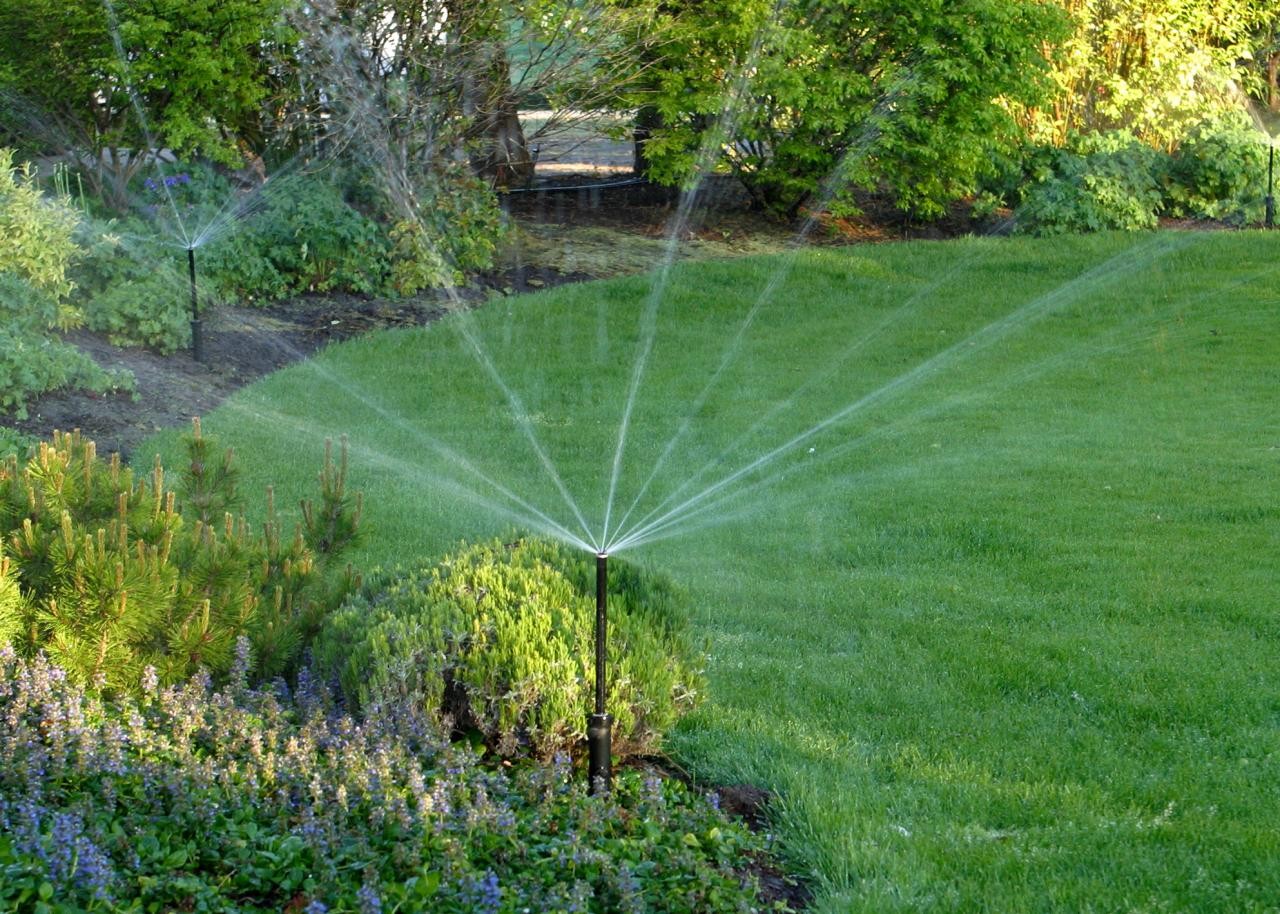Since water costs have jumped for farmers in drought-stricken regions of the nation, farmers are contemplating ways to cut back their water use and water waste. Listed below are just five irrigation resources which farmers could use to store in their water expenses.
Drip Irrigation Systems
Drip irrigation is among the most effective techniques for delivering water to plants with minimal waste. At present, it’s used on less than two per cent of irrigated land in the world but it can decrease water usage by 30 to 70 per cent.
Though it has a higher first price, you will find a number of benefits including decrease of evaporation, decrease of water absorbed by weeds, and irrigation into an specific root thickness of plants.
Also check- Automatische Gartenbewässerung
Water Flow Meters
Water flow meters can correctly quantify how much water has been used to irrigate in order that water usage can be precisely handled and unnecessary mowing can be averted. With the flow rate from the flow meter, the quantity of water used to irrigate for a particular length of time could be computed.
Tracking flow speed may also help farmers detect problems with the irrigation system for example expensive leaks and is among the simplest irrigation tools to execute.
Soil Sensors
Measuring soil properties like moisture might help farmers ascertain how much water is imperative to keep plants adequately watered. As stated by the University of Nebraska, the perfect precision agriculture system contains a detector in the soil that’s linked to a system that analyzes the information and affects the flow speed instantly.
Soil detectors can help farmers understand the status of roots to indicate when it’s time to irrigate or if the plant thirst is quenched to stop wasting water, washing down nutrients to the ground, and creating a shallow root routine.
Irrigation Management Mobile Apps
Mobile programs that may help farmers with irrigation management are always advancing. 1 instance is FieldNET Mobile, which permits users to control and track irrigation equipment in their iPhone or Android device allowing farmers to rapidly correct their irrigation according to changing requirements.
Smart Irrigation Apps, developed by a University of Georgia agricultural scientist, which helps southeast farmers plan their own irrigation based on how much water their plants need and information from nearby weather stations.
Drones
The Association for Unmanned Vehicle Systems International quotes that trucks will eventually account for 80 percent of their industrial drone marketplace. Thermal cameras on drones may be utilized to detect leaks and ascertain if plants are becoming too much or too little water.
Although, the FAA doesn’t now allow drones for industrial use, there’s a proposition under inspection to modify the law and farmers may now apply for exemptions.



